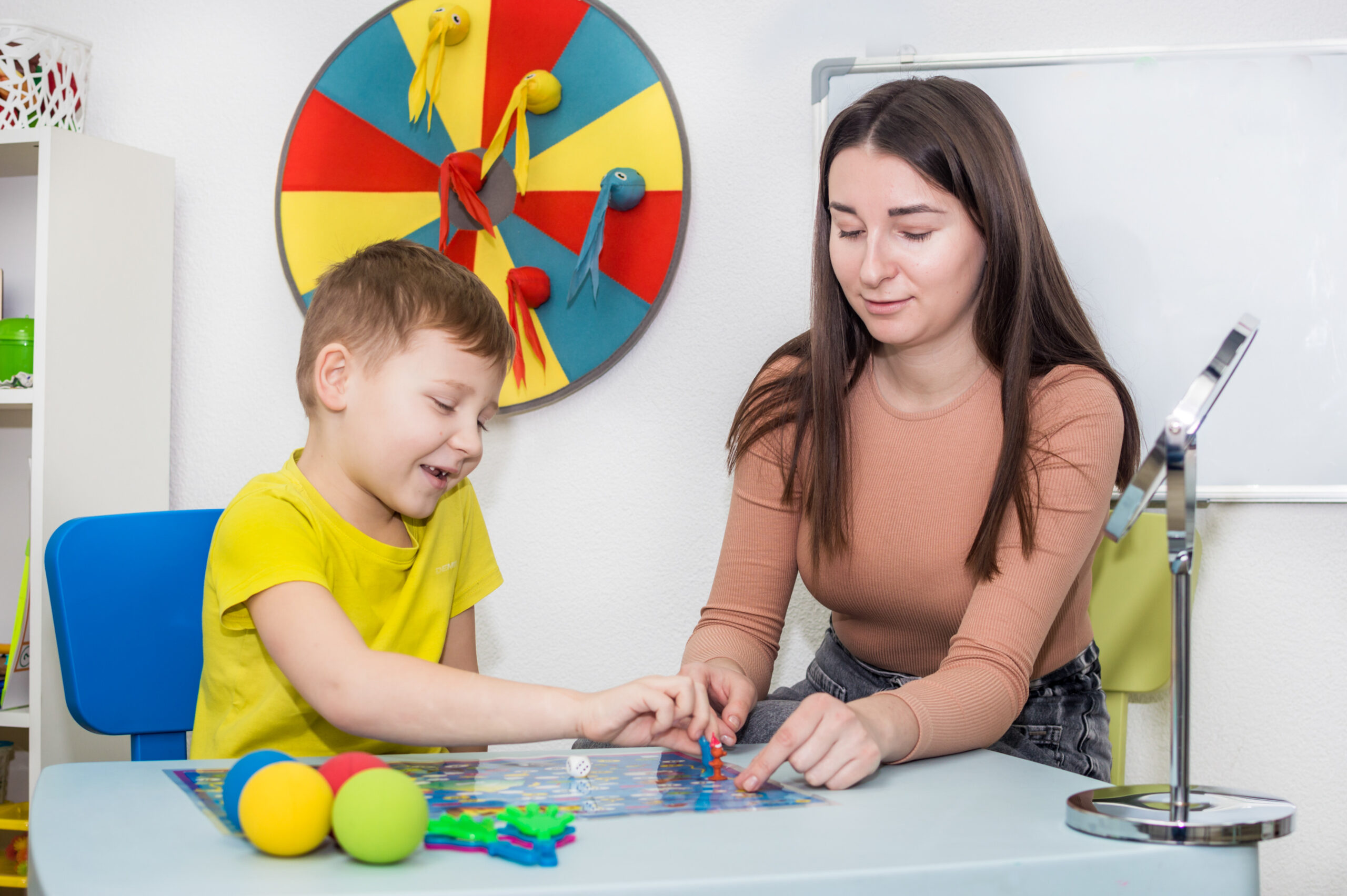Are you noticing behaviors in your child that seem more than typical developmental phases? Recognizing signs that your child may benefit from behavioral therapy is essential to ensuring their well-being and development. From persistent tantrums to difficulties in social situations, these indicators can help you navigate the path toward seeking professional support for your child. Understanding these signs can pave the way for early intervention and tailored strategies to address their unique needs.
As with any other aspect of their well-being, your child deserves the best behavioral therapist. If you’re seeking one, it’s essential to search a search engine using your exact location, such as “behavioral therapist in Hyderabad.”
What is Behavioral Therapy?
Behavioral therapy is a type of psychotherapy that focuses on changing unhealthy or maladaptive behaviors by identifying and modifying the underlying patterns of thoughts and beliefs that contribute to those behaviors. It is based on the principles of learning theory, mainly classical conditioning, operant conditioning, and social learning theory.
In behavioral therapy, individuals work with a therapist to set specific goals and develop strategies to address problematic behaviors. These strategies often involve techniques such as:
-
Behavioral analysis:
Identifying the problematic behavior’s triggers, antecedents, and consequences.
-
Behavioral modification:
Using reinforcement (rewarding desired behaviors) and punishment (discouraging undesired behaviors) to promote positive changes.
-
Exposure therapy:
Gradually exposing individuals to feared or avoided situations in a controlled manner to reduce anxiety or phobias.
-
Systematic desensitization:
Pairing relaxation techniques with gradually increasing exposure to anxiety-provoking stimuli to reduce fear or anxiety responses.
-
Cognitive restructuring:
Challenging and modifying negative or irrational thought patterns contributes to problematic behaviors.
Behavioral therapy is often used to treat a wide range of psychological disorders, including anxiety disorders, phobias, obsessive-compulsive disorder (OCD), depression, substance abuse, and eating disorders. It can be delivered in individual, group, or family therapy settings and may be combined with other therapeutic approaches, such as cognitive-behavioral therapy (CBT).
Behavioral therapy aims to help individuals develop more adaptive behaviors and coping strategies to improve their overall well-being.
Role of Behavioral Therapist
-
Assessing your child’s behavior
and emotional needs through observation and structured assessments.
-
Develop personalized treatment plans
tailored to your child’s challenges and strengths.
-
Teaching your child coping strategies
and social skills to manage emotions and interact effectively with others.
-
Providing guidance and support to parents
in implementing behavioral interventions at home.
-
Collaborating with teachers
and other professionals to create a consistent support system for your child.
-
Monitoring progress
and adjusting therapy techniques to ensure continued improvement.
-
Addressing underlying issues
such as anxiety, ADHD, or autism spectrum disorders that may contribute to behavioral challenges.
-
Utilizing evidence-based techniques
such as cognitive-behavioral therapy (CBT) or applied behavior analysis (ABA) to promote positive changes.
-
Empowering your child
to develop self-awareness and self-regulation skills for long-term success.
-
Offering a safe and supportive environment
where your child can express themselves freely and work towards their goals.
Now that you’ve grasped the objectives of behavior modification therapy it’s crucial to research thoroughly before selecting one for your child. By searching on a search engine using your precise location, like child behavioral therapist, you can conveniently assess their ratings and reviews.
Let’s discuss signs your child may benefit from behavioral therapy.
-
Persistent behavioral challenges:
If your child consistently exhibits challenging behaviors such as aggression, defiance, or impulsivity that interfere with their daily functioning or relationships, behavioral therapy could be helpful.
-
Difficulty Managing Emotions:
Children who struggle to regulate their emotions, frequently experience intense mood swings, or have difficulty coping with stressors may benefit from learning strategies to manage their emotions effectively.
-
Social Skills Deficits:
If your child has difficulty making and maintaining friendships, struggles with social cues, or frequently encounters conflicts with peers, behavioral therapy can help them develop essential social skills and improve their interactions.
-
Academic Struggles:
Children who face challenges with attention, concentration, organization, or completing tasks may benefit from behavioral strategies to improve their academic performance and study skills.
-
Repetitive or obsessive behaviors:
If your child engages in repetitive behaviors or rituals or has obsessive interests that significantly impact their daily lives, behavioral therapy techniques such as habit reversal training or exposure therapy may be beneficial.
-
Difficulty with Transitions or Changes:
Children who have difficulty adapting to changes in routine, transitioning between activities, or coping with unexpected events may benefit from behavioral therapy interventions that aim to increase flexibility and resilience.
Conclusion
Behavioral therapy is a powerful tool for fostering positive change and growth for individuals facing many challenges. It addresses behavioral patterns, emotional struggles, and underlying issues through personalized approaches with evidence-based techniques tailored to each person’s unique needs. It serves as a hope, offering support, guidance, and the security of a brighter future for those guiding the complexities of mental health and behavioral concerns.






